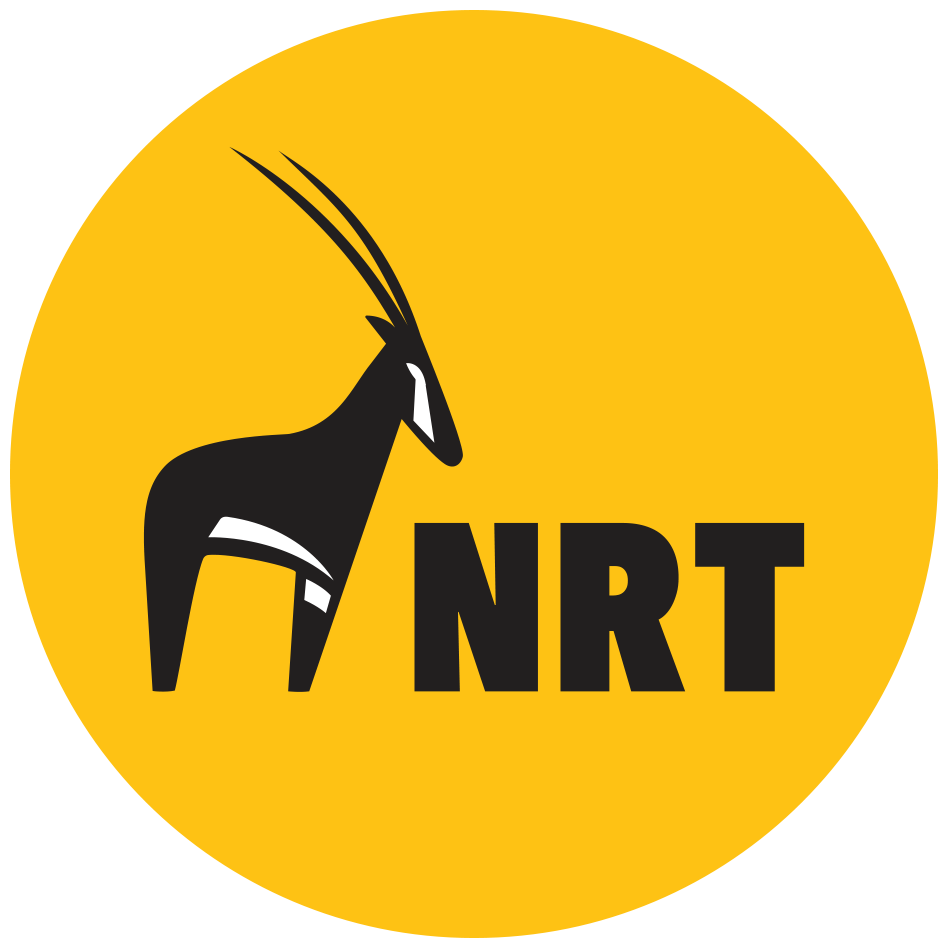Building Businesses in Biliqo-Bulesa
108 people in Biliqo-Bulesa (102 of which are women) have received Ksh. 3 million from their conservancy to kick-start new businesses, and start saving.
The funds were awarded to Biliqo from NRT as part of the Conservancy Livelihoods Fund (CLF) initiative. Funded by USAID, DANIDA, UKAID and Expertise France, the CLF aims to empower communities to identify, plan and implement their own development programmes. Applying for microloan funding was voted on by the Biliqo community, and will support 108 men and women with Ksh. 25,000 each to diversify their household income.
The recipients have received training in business development, financial literacy and how to save from the NRT Trading team, who will continue to provide close support to the entrepreneurs.
“I am very happy to have received the funds," said Dade Roba, a small scale maize miller, "this will go along way in increasing my capacity at my posho mill.”
Other business ideas from the Biliqo recipients include melon farming along the Ewaso River and goat rearing.
Biloqo-Bulesa is the fifth community conservancy this year to apply for CLF funding to support microloans. Masol and Pellow conservancies in West Pokot were awarded Ksh. 3 million in May, and Ksh. 6 million was awarded to Ltungai Conservancy in Samburu in July. Nanapaa Unit of Oldonyiro Community Conservancy has also benefited with Ksh. 1.5 million. The 2018 CLF fund is on track to disburse a minimum of Ksh. 90 million to community development projects by the end of the year.
Since 2015, the CLF has disbursed Ksh. 166 million to 26 conservancies, benefitting over 62,000 people. A further Ksh. 18.9 million has been leveraged from county governments and other NGOs as match funding from CLF projects. So far, education, water and tourism infrastructure have dominated spending priorities, but as this year shows, trends are shifting more toward business development to lift people out of poverty and boost the local economy

